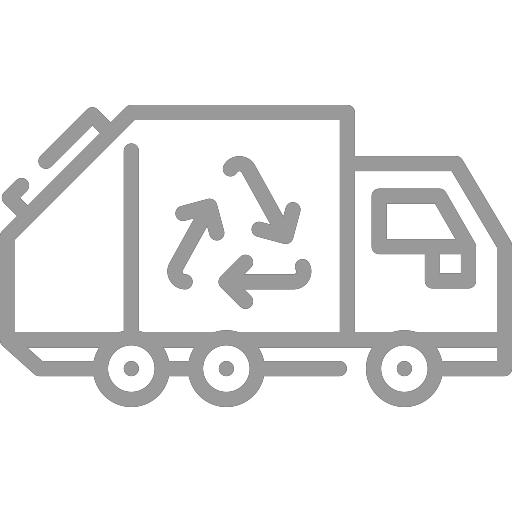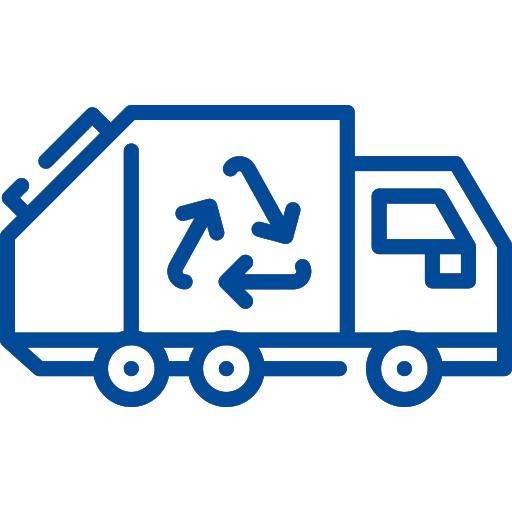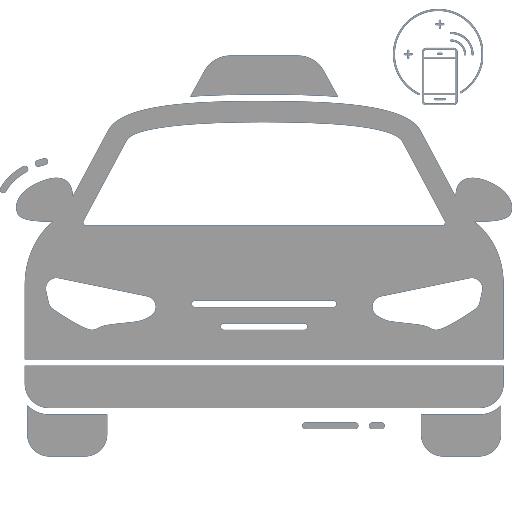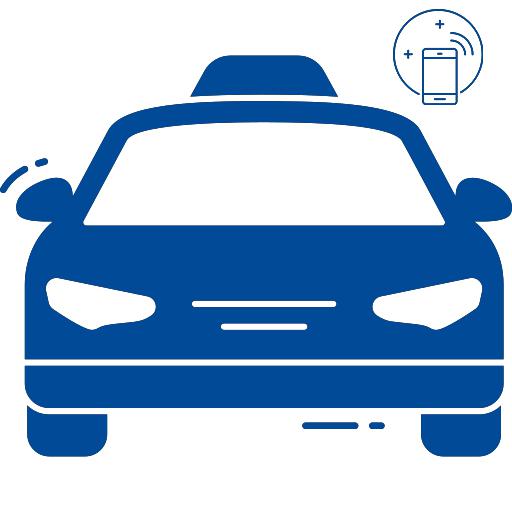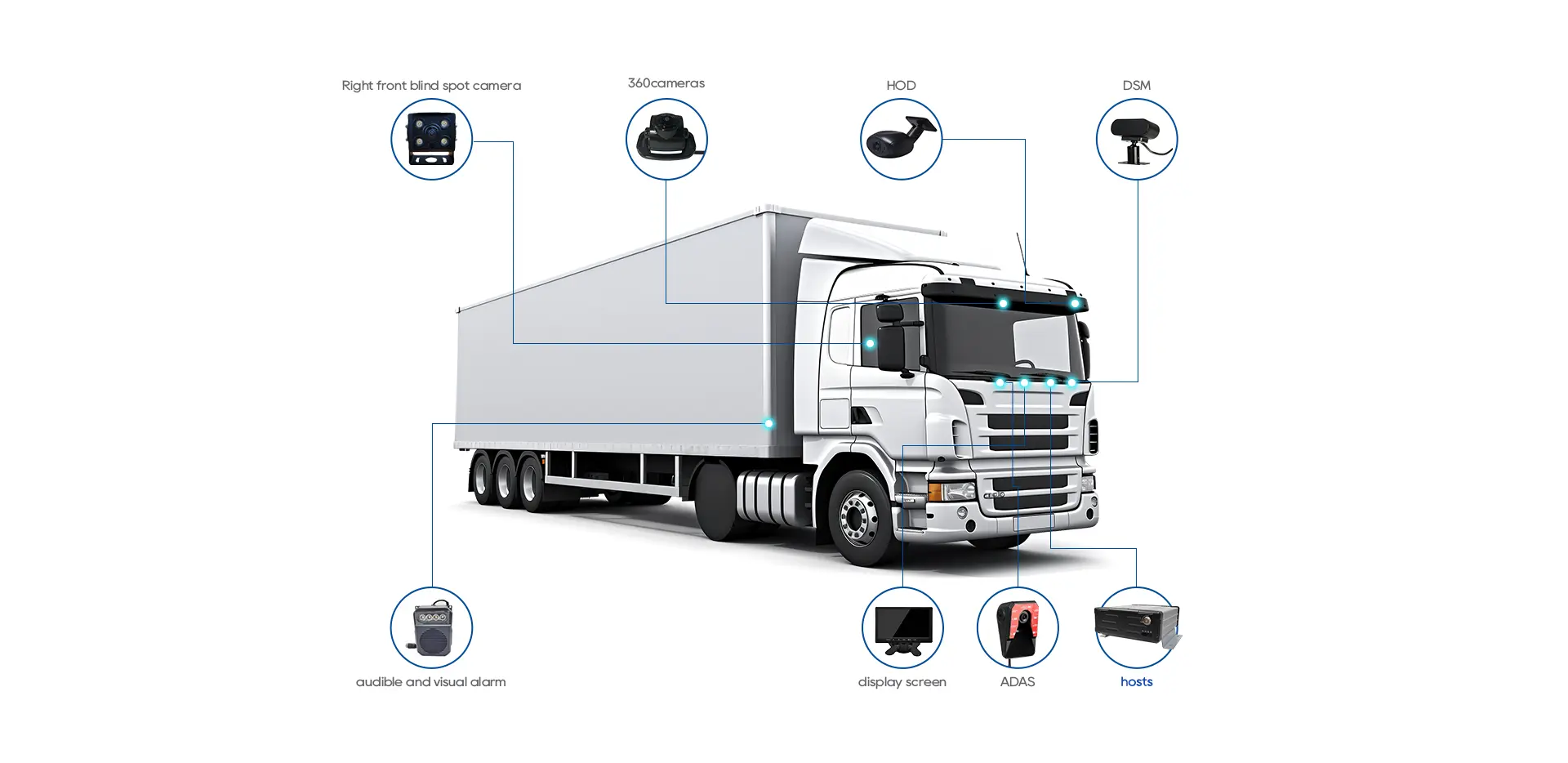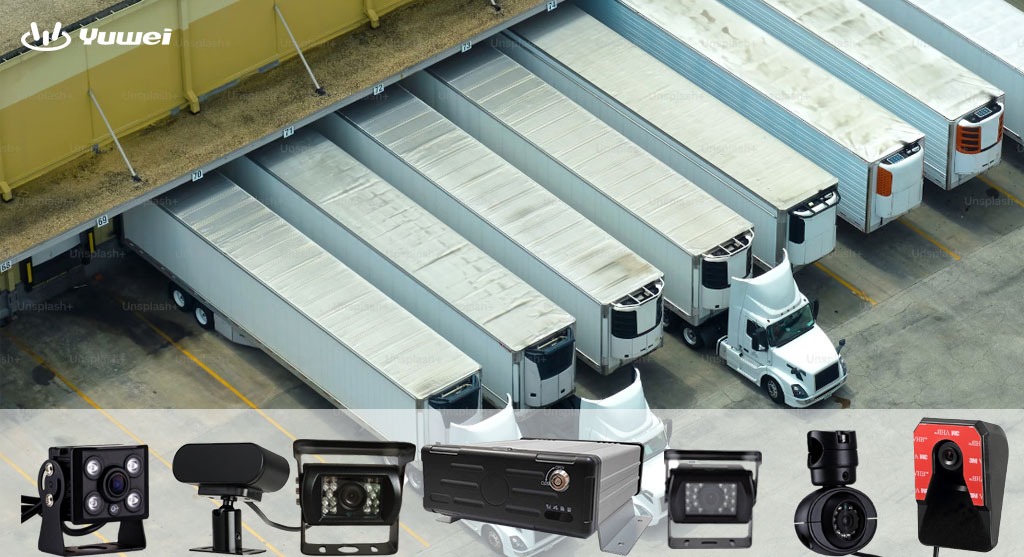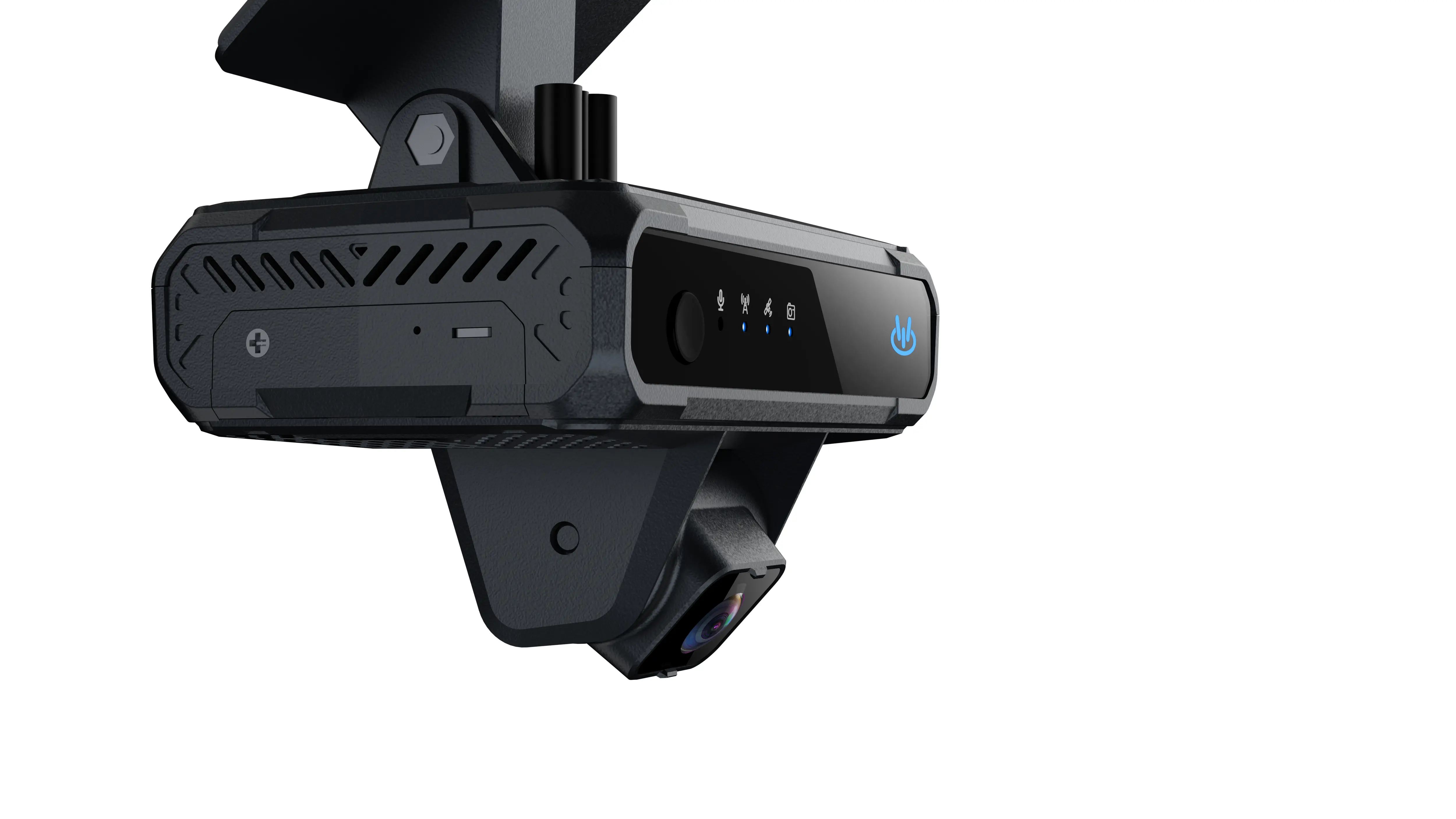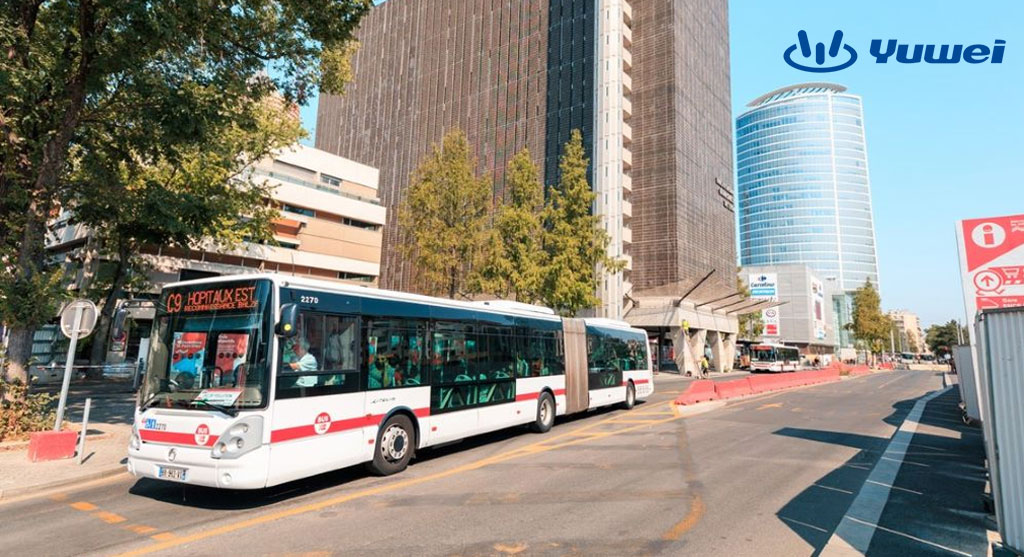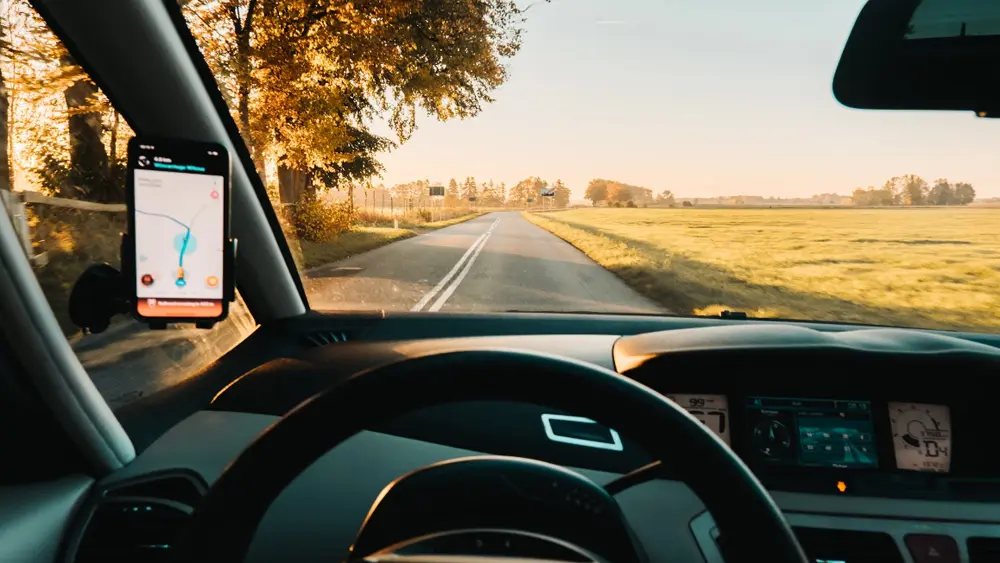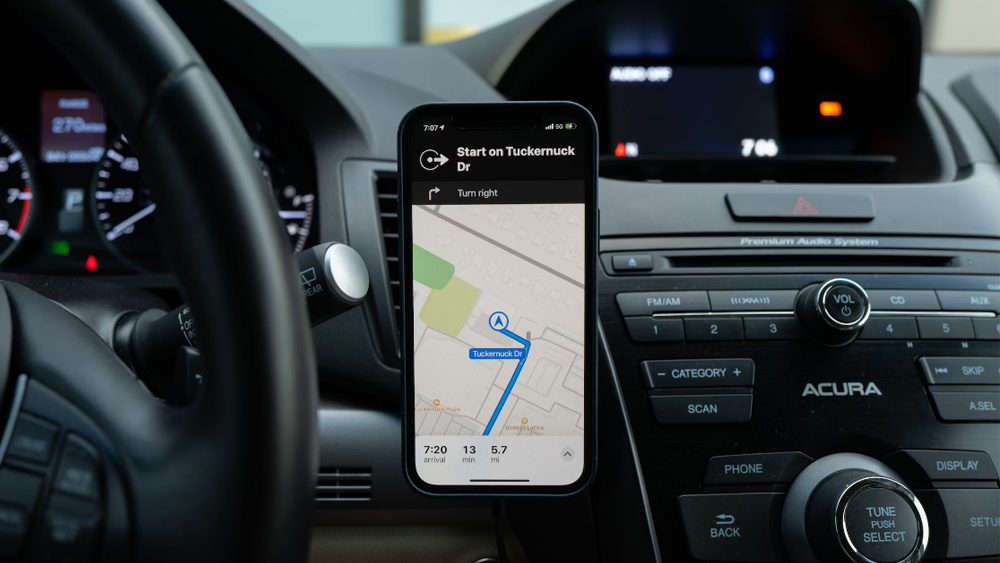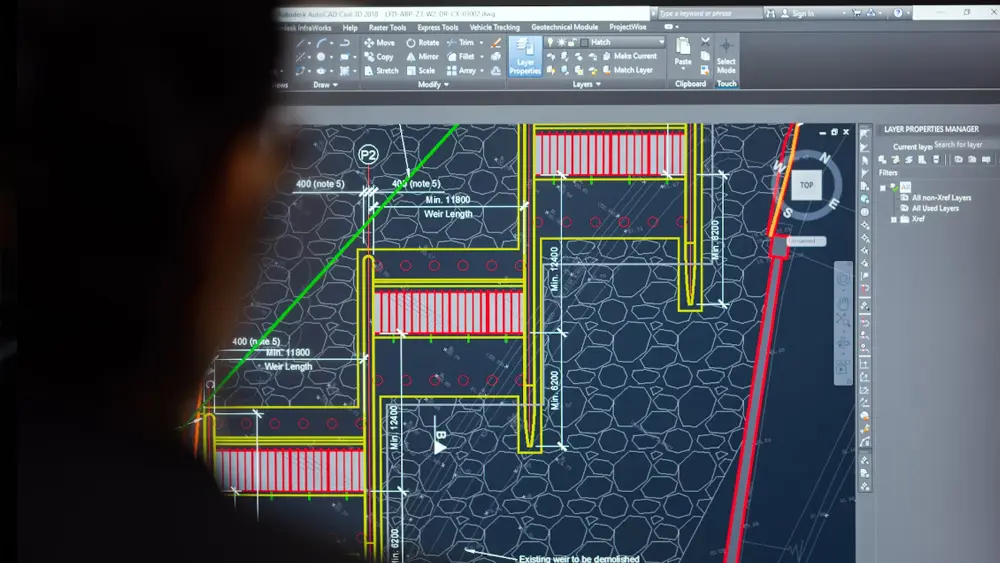4 Camera Car Security System
4 Camera Car Security Systems
Road transport vehicles frequently encounter traffic accidents, and when assigning responsibility, it's often challenging to distinguish primary and secondary factors, leading to unnecessary losses. Incidents such as theft, tampering, loss, and damage of goods occur in transportation management, resulting in customer attrition and dissatisfaction. Although some vehicles are equipped with GPS or local monitoring cameras before leaving the factory, the inability to record the entire process means that in cases of lost or damaged goods or safety accidents, the true causes cannot be identified. Additionally, for clients of logistics companies, knowing the status of their shipments—such as their current location, timely delivery, and expected arrival times—typically involves making inquiries via phone or online, and transportation companies often struggle to address customers' inquiries about the whereabouts and quality of shipped goods.
By installing a 4 camera car security system on freight vehicles, the aforementioned challenges faced by logistics companies can be effectively addressed. Compared to the widely used GPS systems, the 4 camera car security system not only tracks and records the geographical locations of vehicles but also monitors and records the entire process of goods transportation and loading/unloading, preventing loss of goods. Moreover, it can serve as evidence to determine responsibility in case of goods damage. With the 4 camera car security system, managers and clients can access real-time GPS location and transportation status of goods via computers or smartphones, providing customers with superior service and enhancing the competitiveness of logistics companies.
hnweb_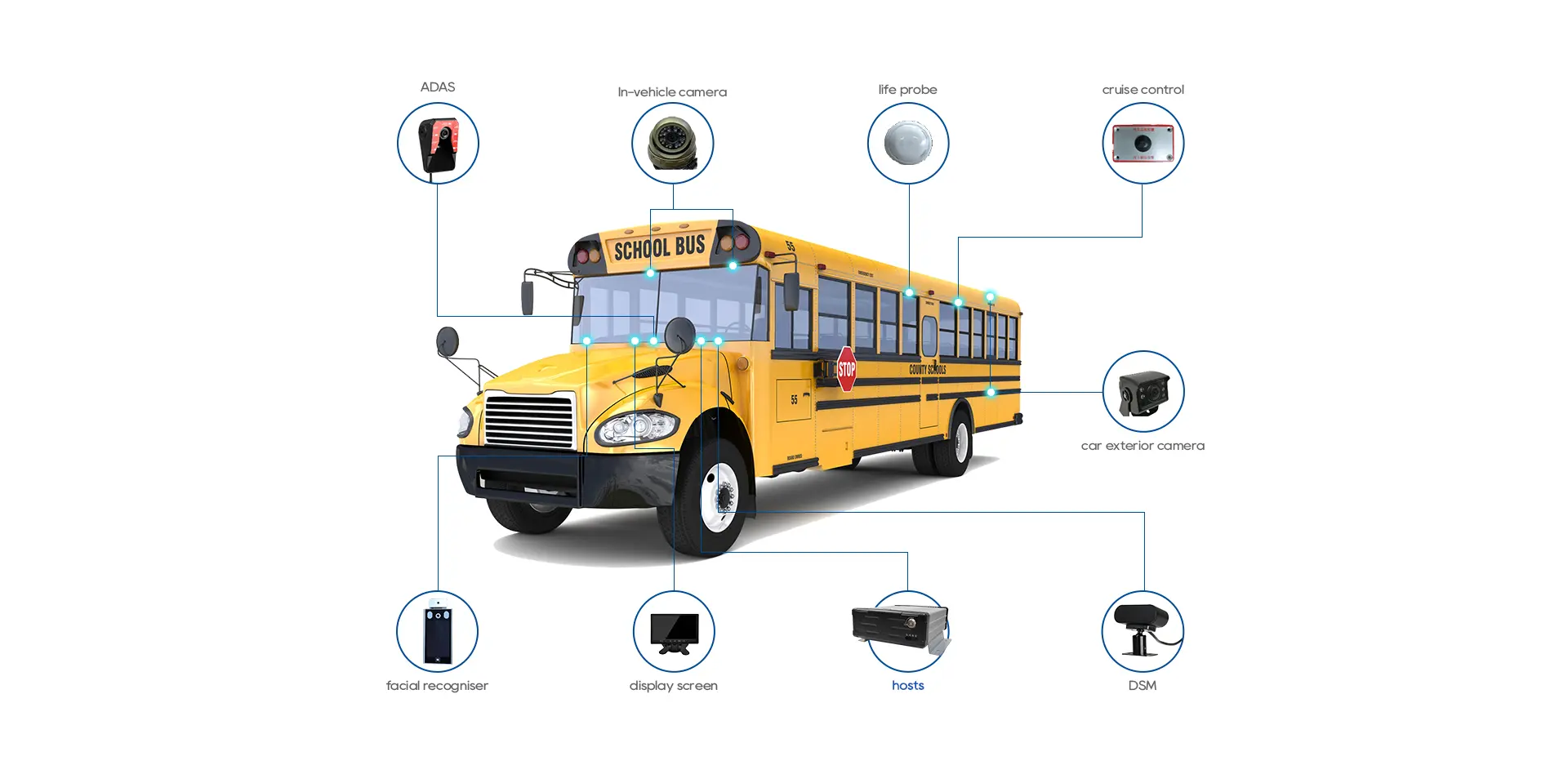 school bus camera system
school bus camera system
4 Camera Car Security System Features:
1. Vehicle BDS/GPS Positioning
Real-time collection of vehicle GPS information to accurately determine if the vehicle is within the designated area. Different icons display various vehicle statuses such as driving online, idle, offline, speed, positioning status, fuel level, load, etc., serving as baseline data for basic monitoring and subsequent business operations.
2. Vehicle Trajectory Information
Real-time collection of vehicle GPS information to accurately determine the vehicle's direction. Continuous drawing of historical driving data, speed, and location for statistical analysis.
3. Real-time Video Monitoring of Vehicles
Video monitoring enables remote video transmission of vehicles to monitoring terminals or smartphones, facilitating remote video monitoring of vehicle operations for supervisory personnel to easily view the vehicle's driving process.
4. Voice Intercom and Instruction Dispatch Management for Vehicles
The cloud-based driving control vehicle-mounted monitoring management system supports batch vehicle intercom function, allowing the monitoring center to make voice calls to all managed vehicles, with drivers passively answering and responding. When overspeeding, violating driving rules, or driving fatigued, voice calls can be made at any time on the system to remind drivers. It also supports text-to-voice playback for batch vehicles, facilitating dispatching.
5. Overspeed Alarm and Area Electronic Fence for Vehicles
The cloud-based driving control vehicle-mounted monitoring management system supports vehicle speed detection, setting area speed limits in advance, maintaining overspeed monitoring and warning for each vehicle, and reminding drivers in the cab of current overspeed conditions with voice prompts such as "Please reduce speed." Area electronic fences enable vehicle exit alarms for designated areas, setting alerts for vehicles entering or leaving the area, helping companies manage vehicles effectively.
6. Vehicle Door Open Detection
Through door magnetic sensing technology, real-time detection of door status is achieved, automatically capturing and uploading photos/videos of door opening and closing to the monitoring center as evidence, assisting transportation companies in reducing theft and tampering issues.
7. Personnel Safety Management for Vehicles
Through multi-layer neural network technology, video image analysis technology, clustering, and neural network algorithms, any abnormal driving behavior (fatigue, distraction, smoking, phone use, lack of masks) during driver operation is accurately and real-time monitored, issuing audio and visual alerts to remind drivers to follow regulations and drive safely. It also supports driver face detection authentication and driverless status detection. Additionally, it supports forward ADAS lane departure, collision prevention warning, and pedestrian detection reminder functions.
8. Active Safety of Vehicles - Blind Spot Pedestrian Detection Warning System
Cloud-based driving control blind spot monitoring system (BSD): Based on deep learning model training with a large amount of blind spot video and image data, it can accurately identify pedestrians in blind spots on the right, rear, and front of large vehicles, promptly alerting drivers and pedestrians to take evasive action. It can implement up to 4-channel BSD pedestrian detection warning systems for front, rear, left, and right.
9. Active Safety of Vehicles - 360 Panoramic Imaging System
Cloud-based driving control 360° seamless panoramic view: Utilizing the most advanced international algorithms, installing 4-6 ultra-wide-angle night vision cameras on vehicles can achieve seamless panoramic imaging of vehicles exceeding 17-28 meters in 360°. It offers the fastest stitching speed, widest stitching range, and best stitching effect.
10. Data Visualization Management for Vehicles
Statistical analysis of vehicle mileage, duration, work, location, violations, etc., to understand the development trends of various data, providing reference for fleet managers.

















